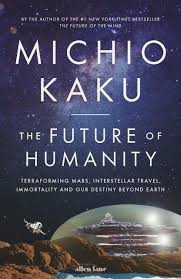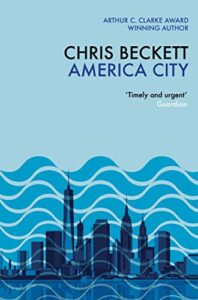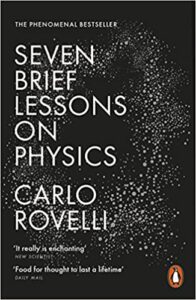No, I’m not getting all beard stroking, navel gazing and blue sky thinking! The title of this post equates to the book title of Michio Kaku’s future gazing book, which covers topics such as terraforming Mars, interstellar travel, immortality and our destiny beyond Earth.
At this point, I should point out that the timeline of this blog is somewhat out of whack, because I read this book prior to reading Carlo Revelli’s book, Seven Lessons in Physics. In comparison, Michio’s book is somewhat disappointing. for two reasons.
Firstly, Michio is somebody that I’ve encountered over the years in many a BBC documentary. Primarily, Horizon documentaries (when Horizon was good – less thematic, and more hard facts). Michio is a professor at City University of New York, and one of the co-founders of string theory, and this isn’t his first book. Thus, in my book, he is a known entity, a kent face, a good chap, he has gravitas. However, reflecting the route taken by the BBC with Horizon, the book turned out to be somewhat dumbed down. The book didn’t deliver what I expected of Michio.
Secondly, and worse still, from the perspective of somebody who is a bit of a geek and has followed a wide spectrum of science related subjects for decades (yes, I do very much like my tech and science!), in reading this book I discovered nothing new.
Throughout, I found myself willing myself to continue to read the book in the belief/hope that it would get better. All the time, I was somewhat frustrated in that I found myself knowing more about some of the subject matter and asking myself, when is he going to mention “X” … and disappointingly, Michio never did. And, I should point out, that’s not because events have subsequently overtaken the book – I have taken into account the book’s publication date.
The book also suffers from being just a bit too whimsical and, dare I say it, erm … starry eyed at some points.
If you’re somebody to whom the subjects covered are all new (why would you be reading this blog … ?), then perhaps this book would be an eye opener. I’m sure that as a teenager, eager to soak up all the science/tech latest, I would gorge myself on the book’s contents.
As it is, I’m no a newbie to the subjects covered, so this book gets a C-



